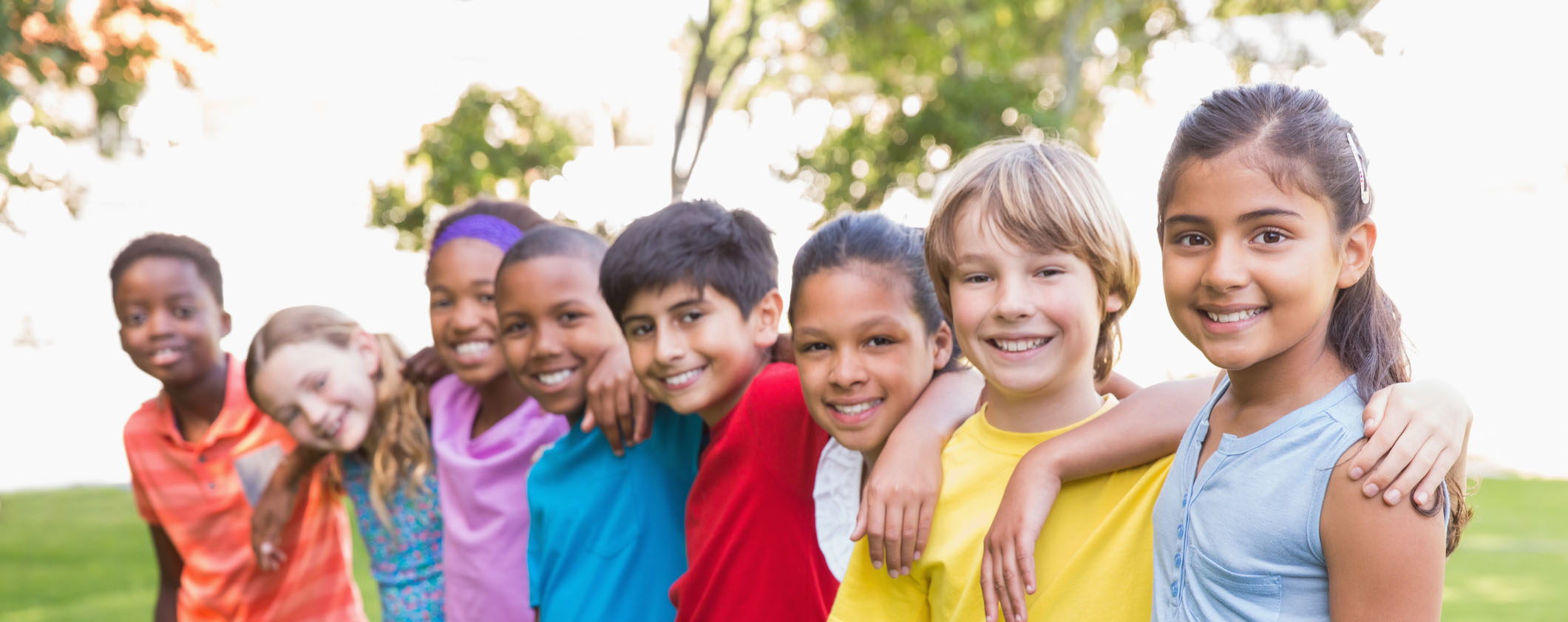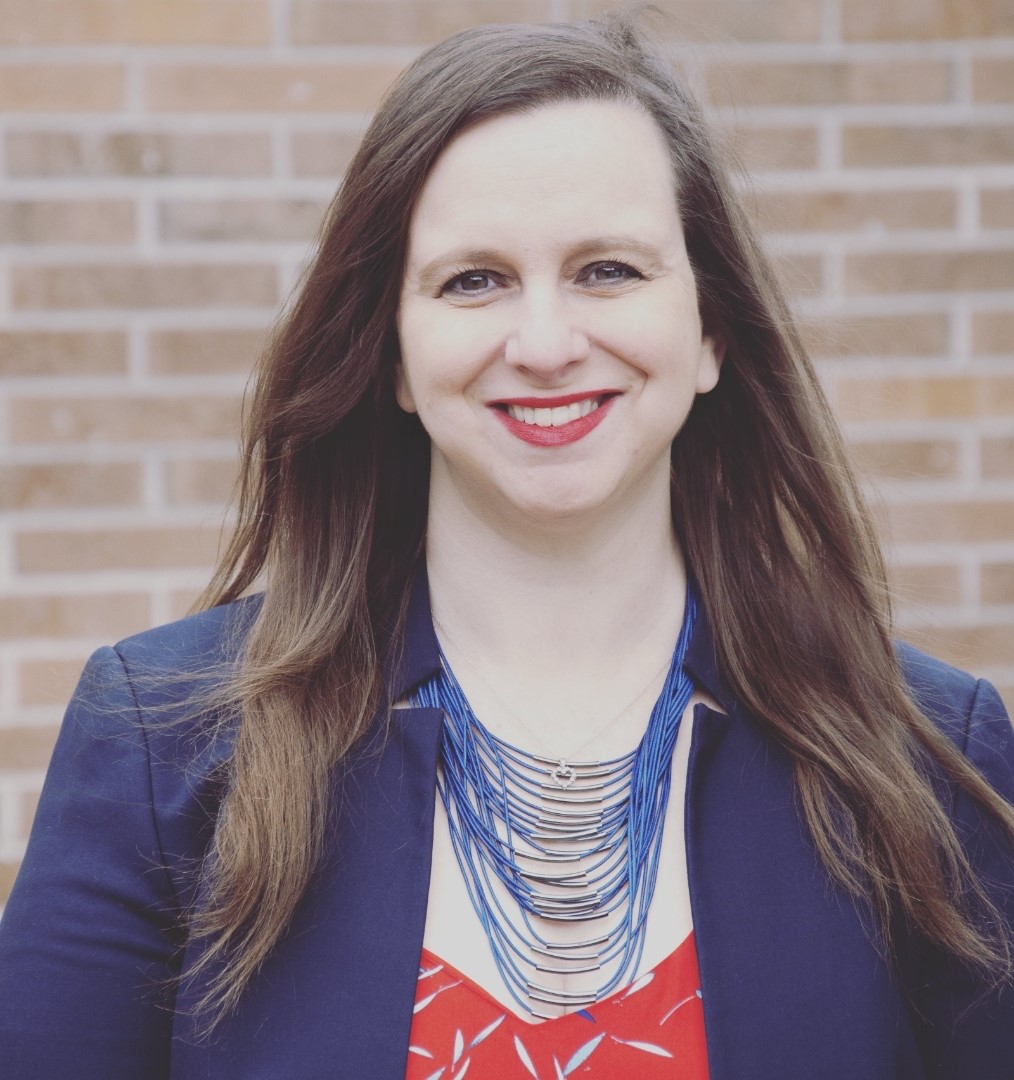
Ongoing learning in child welfare
The CWICE training series provides an opportunity for continued and ongoing learning and development for child welfare professionals in Canada. There are eight courses in the certificate training series and each course reviews legislation, policy, and practice; examining possibilities for service innovation and successes achieved in best practice approaches. The curriculum examines collective service responses to promote equity in outcomes for children, youth and families; and bias and assumptions both at individual and systemic levels.
When Claudia Obreque and I created the training series in 2020, we knew measuring learning outcomes would be necessary. In order for us to evaluate the effectiveness of the training, Claudia created pre and post knowledge checks, along with an evaluation for each module. The knowledge checks involve less than ten questions in multiple choice or true/false format, and relate to specific content for each course. These surveys are anonymous, and the questions asked prior to the course and following the course are exactly the same, so we can measure learning achieved in each course. We have been pleased by early results and will complete full evaluations over time for each course. In 2022, Claudia completed an evaluation of the first course and a summary of the report can be found here: CWICE 101 Training Evaluation Executive Summary
To augment participants’ ongoing learning, the courses have been designed to build on previous knowledge. We’ve also built in reviews of material, for example in courses 104, 107 and 108, to further support each individual's learning. Training participants shared that they appreciated the reviews because it provided an opportunity to measure their own learning, clarify terms or immigration pathways that might be confusing, and it offers the space for further discussion.
Overall, we aim to provide child welfare professionals the space to learn, examine and re-design the service they provide through adding new ideas and concepts. We work through case examples and group work exercises, focused on different types of immigration status that exist in Canada, how this is connected to accessing services, and how it may present while providing child welfare services. We promote continues change in providing service so we’re flexible to meet client needs and we advocate the importance of early intervention.
In addition to measuring learning, we also inquire about experiences in and feedback about the training courses. We share some of this in our annual reports, and have selected a couple quotes to share here:
“The training challenges you particularly when you have worked in child welfare for many years, you think you know a lot but taking this training makes you realize there is so much more to learn and consider when working with families, children and youth”
“Even if you think you know about immigration issues you will still learn a lot through training”
“The training should be mandatory to all staff regardless of their role because the knowledge you gain will help support families, children and youth”
As we move forward, we encourage ALL practicing child welfare professionals to register for the series. The current course calendar can be found here: Peel Children's Aid Society Events | Eventbrite
Moving forward, you can also obtain updates and reflections from training sessions in our new Training Article series which will be posted on our News page every few months. Stay tuned for that and see you in the classroom!
About the Author:
 Danielle Ungara (RSW) manages the day-to-day operations of the Ontario-wide Child Welfare Immigration Centre of Excellence at Peel CAS. An inclusive leader of integrity, she believes in furthering social justice outcomes and equity in practice through service excellence and research
Danielle Ungara (RSW) manages the day-to-day operations of the Ontario-wide Child Welfare Immigration Centre of Excellence at Peel CAS. An inclusive leader of integrity, she believes in furthering social justice outcomes and equity in practice through service excellence and research
